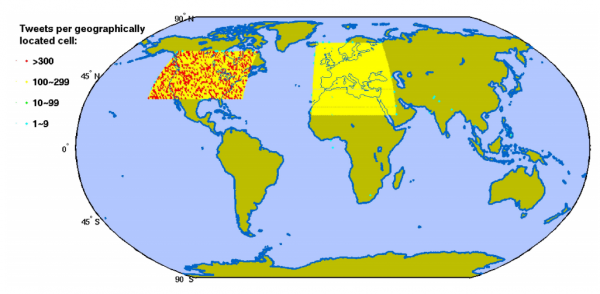This site features a curated selection of data visualization tools meant to bridge the gap between programmers/statisticians and the general public by only highlighting free/freemium, responsive and relatively simple-to-learn technologies for displaying both basic and complex, multivariate datasets. It leans heavily toward open-source software and plugins, rather than enterprise, expensive B.I. solutions.
Why?Well, information visualization, or InfoVis, has for the past three decades been mostly regarded as a specialty skill relegated to the ranks of researchers and scientists. But in recent years, the proliferation of Big Data combined with a surge of new, open-source tools for data display have given rise to the democratization of “data visualization” and “data journalism.” It’s something anyone can do. As such, all resources that may require basic programming knowledge are labeled as such.
As Simon Rogers of The Guardian so artfully stated in 2008, “Anyone can do it. Data journalism is the new punk.”
Source: dataviz.tools

